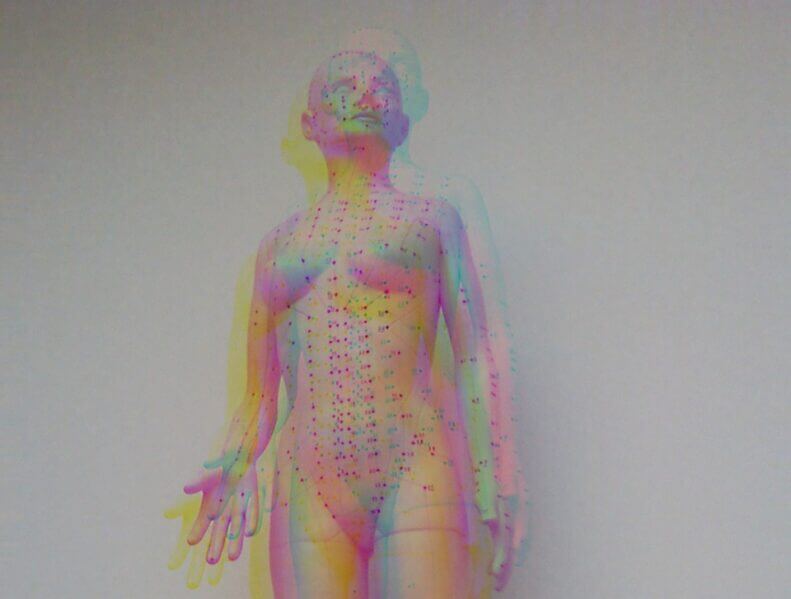A groundbreaking research project aimed at revolutionizing the field of life sciences and providing unprecedented insights into the human body had been announced. The significant research program, titled “digital life and holographic human body” brought together leading scientists, researchers, and experts from all around the world to develop a pioneering digital model that represents the physiological and pathological processes of human life system activities in real time.
The concept of a “holographic digital mannequin” involves reconstructing the micro-, meso-, and macro-networked dynamic life information dataset of the human body using advanced technologies such as digital twin and computer simulation. By categorizing, integrating, and digitizing existing theoretical models, the research aims to decode the complex life activity processes and uncover the exact causes of accurate and effective intervention and rehabilitation measures for improved initiative for this research program, which was ignited during the 696th Xiangshan Science Conference on the theme of Revealing Three Major Scientific Problems in the Field of Life and Analyzing the Mechanism of Human Information and Energy Network.” Organized by Academician Cong Bin, the conference attendees unanimously agreed to spearhead this significant effort in developing the field of “digital life and holographic human body.”
The global implications of this research project span multiple disciplines, including life sciences, medicine, and information technology. It aims to establish an international hub for cutting-edge scientific research and technological advancements while attracting exceptional talent from around the world. Cooperation among scientists worldwide are crucial to establish a unified framework and research and development standards.
The creation of a holographic digital mannequin represents a remarkable convergence of medicine, life science, information science, chemistry, physics, and mathematics for collaborative innovation and development. Drawing inspiration from the ontological and holistic theories of traditional Chinese medicine (TCM), this major research undertaking seeks to analyze the evolution of living matter in the body’s four-dimensional spatial operation law. The project will construct a cross-fusion platform, incorporating information science, brain science, physics, modern medicine, life science, and TCM to bring the holographic digital mannequin to life.
The ultimate goal of this ambitious endeavor is to decipher the code of human life and health by unraveling the mutual regulation mechanisms among multiple life systems. As this code is decoded, it will drive further scientific and technological progress and open up new opportunities for comprehensive development across various fields. The layered decryption of the human holographic life system promises to inspire fresh perspectives and advancements, paving way for the future of science and technology.
The paper “Revolutionizing the Life Sciences by Developing a Holographic Digital Mannequin” has been published in Engineering, authored by Bin Cong, Xin-An Liu, Shiming Zhang, Zhiyu Ni, and Liping Wang. Full text of the open access paper: https://doi.org/10.1016/j.eng.2023.05.004. For more information about the Engineering, follow us on Twitter (https://twitter.com/EngineeringJrnl) & Like us on Facebook (https://www.facebook.com/EngineeringPortfolio).
If our reporting has informed or inspired you, please consider making a donation. Every contribution, no matter the size, empowers us to continue delivering accurate, engaging, and trustworthy science and medical news. Independent journalism requires time, effort, and resources—your support ensures we can keep uncovering the stories that matter most to you.
Join us in making knowledge accessible and impactful. Thank you for standing with us!

